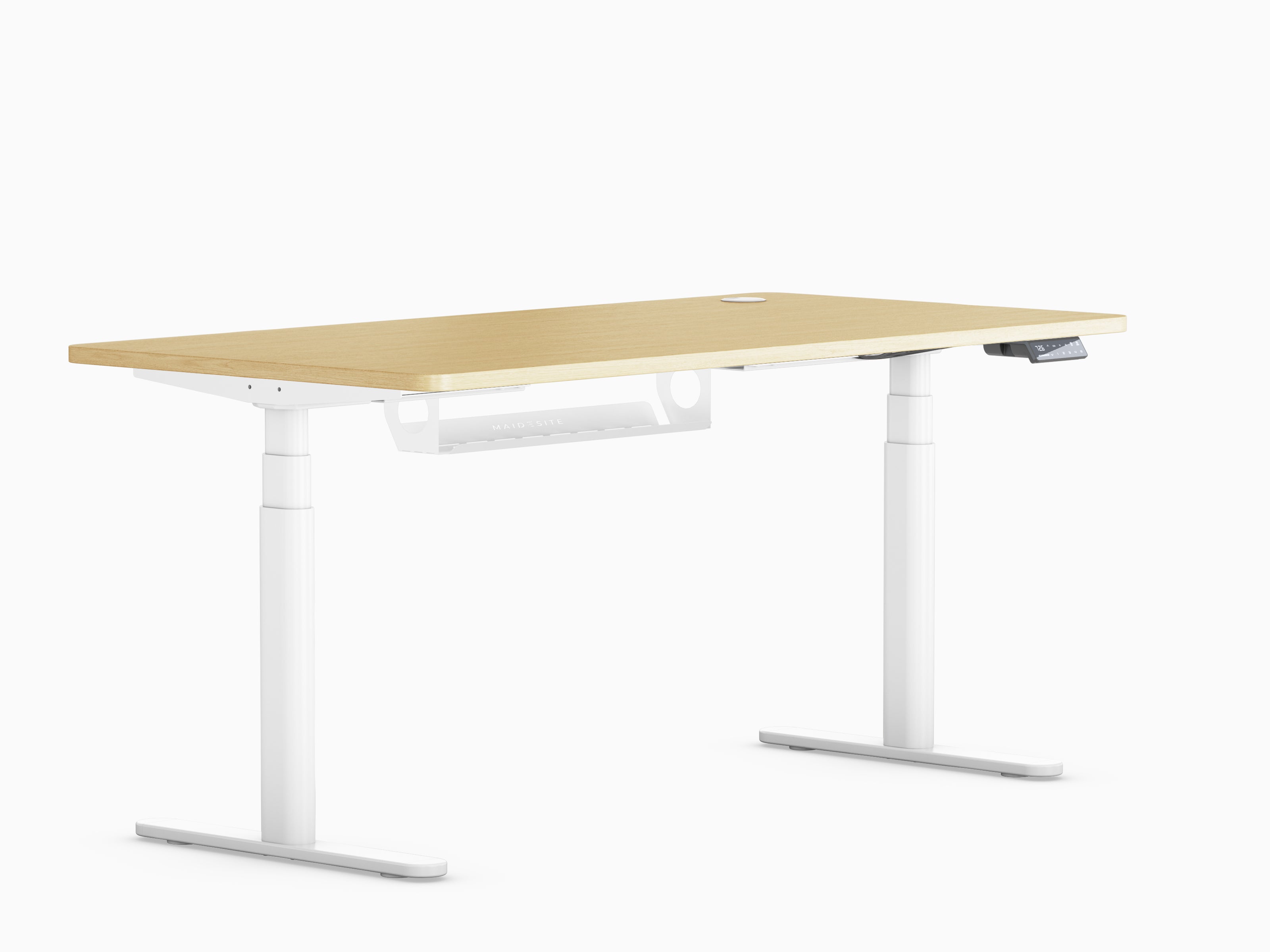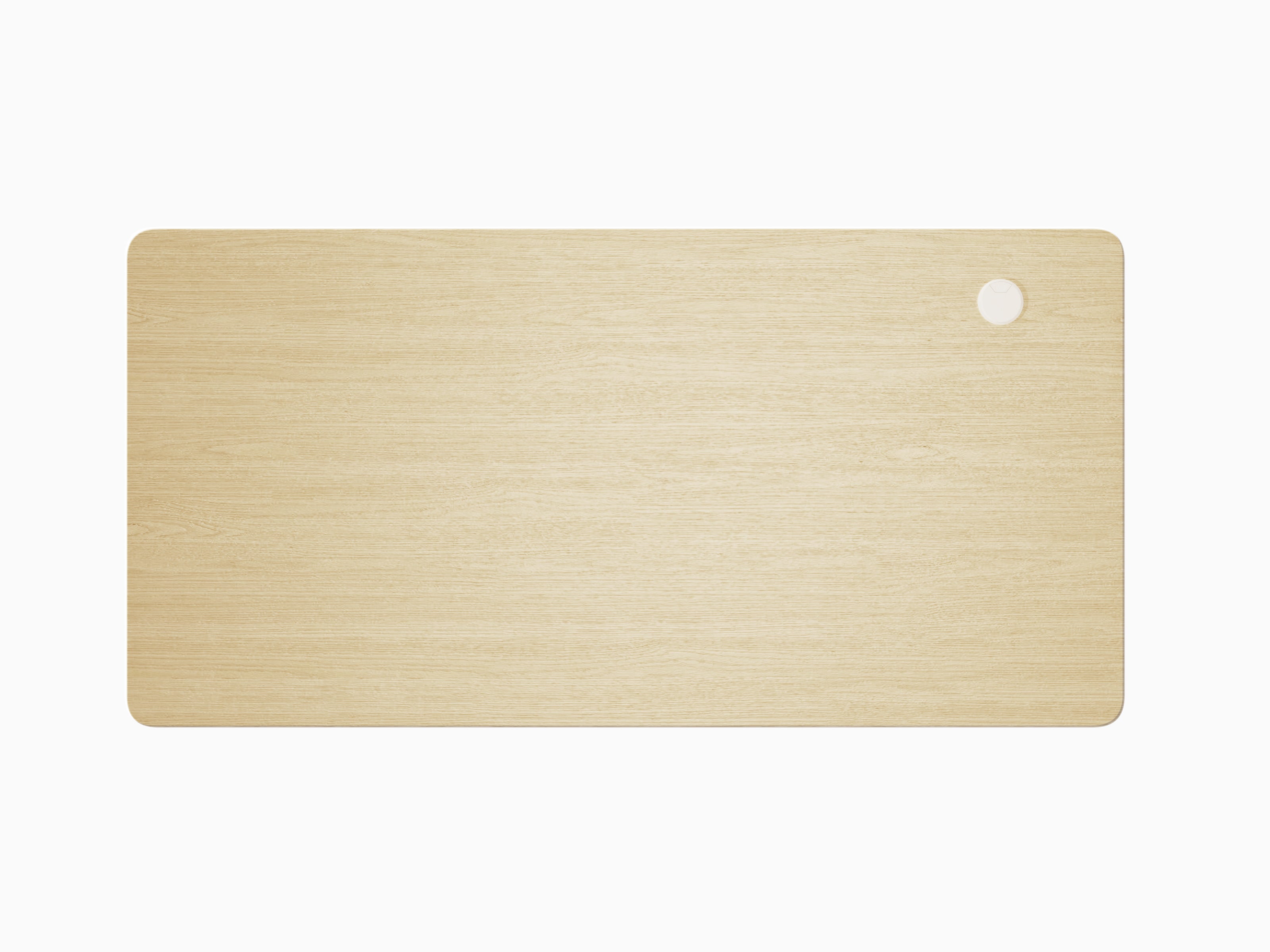
Straighten Up & Ace Your Exams: A Student's Posture Guide
Your Daily Study Battle
Picture this: you're sitting at your desk, deep in revision mode. Hours fly by as you work through practice papers, take notes, and stare at your laptop screen, completely absorbed in getting those grades you need. But here's what you might not notice—your body is slowly giving up on you.
Your shoulders creep forward. Your back curves into a painful C-shape, and that dull ache in your neck starts building up like a storm cloud. Sound familiar?
Most students brush off these warning signs. They tell themselves, "I'll deal with it later," or "It's not that bad." But here's the truth that might shock you: poor posture isn't just making you uncomfortable—it's actually making you less intelligent.
The Hidden Cost of Bad Posture

Your Body Under Attack
When you slouch, you're not just looking lazy. Your spine, which naturally forms a perfect S-curve to support your entire body, gets squashed into an unnatural position that puts enormous pressure on your discs and muscles.
Think of your spine like a carefully designed spring. When you force it out of shape, it stops working properly and starts sending pain signals throughout your body.
Your Brain Pays the Price
Here's where it gets really serious. Poor posture doesn't just hurt your back—it actually makes you less clever. When you hunch over your desk, you compress your lungs and make it harder to breathe deeply.
Shallow breathing means less oxygen reaches your brain. A brain starved of oxygen is like a phone running on low battery—everything slows down, concentration becomes harder, and your memory starts failing you.
Imagine trying to solve complex equations or memorise key dates when your brain is only working at 70% capacity. You're essentially fighting with one hand tied behind your back.
The Simple Solution That Changes Everything

The Magic 90-Degree Rule
Here's your first game-changer: the 90-degree rule. Plant your feet flat on the floor (or on a footrest if they don't reach), and make sure your knees bend at a comfortable 90-degree angle.
Your elbows should also form that same 90-degree angle. This simple positioning reduces strain on your joints and keeps your muscles happy for hours longer.
Screen Setup That Actually Works
Position your screen directly in front of you. The top of your monitor should be at eye level or just slightly below—this stops you from craning your neck up or down like a confused giraffe.
If you're using a laptop, invest in a stand to lift it up. Pair it with an external keyboard and mouse to maintain that crucial 90-degree elbow position.
Support Your Spine Like Your Life Depends On It
Your chair is your best friend in this battle. Look for one with proper lower back support that follows your spine's natural curve.
No decent chair? Roll up a towel or grab a small cushion and place it behind your lower back. This simple trick can transform even the worst chair into something bearable.
Keep Everything Within Reach
Stop twisting and stretching for your pens, highlighters, or that essential cup of tea. Constantly reaching across your desk puts unnecessary strain on your shoulders and back, turning every study session into an endurance test.
The Power of Strategic Breaks
Even with perfect posture, your body isn't designed to stay still for hours. Think of yourself as a high-performance sports car—you need regular pit stops to keep running smoothly.
Take a break every 30 to 45 minutes. Stand up, roll your shoulders back, stretch your arms above your head, and gently twist your torso from side to side.
Walk to the kitchen, grab some water, or just pace around your room for two minutes. These mini breaks boost blood flow, pump fresh oxygen to your brain, and prevent your muscles from seizing up like rusty hinges.
Your Transformation Starts Now
Immediate Benefits You'll Notice
Make these changes today, and you'll see results almost immediately. That nagging neck tension? It starts to melt away.
The constant lower back ache that's been your unwelcome study companion? It begins to fade, leaving you free to focus on what actually matters.
Long-Term Academic Success
Better posture means better oxygen flow to your brain. A well-oxygenated brain processes information faster, retains knowledge more effectively, and stays sharp for longer periods.
You'll find yourself studying for longer without feeling exhausted. Your concentration will improve dramatically, and those late-night revision sessions will become far more productive.
Your Desk is Your Weapon

Make It Work For You
Your study space isn't just furniture—it's the foundation of your academic success. Like a craftsperson needs the right tools, you need the right setup to perform at your best.
Every minute you spend adjusting your posture and organising your workspace is an investment in better grades. When you sit up straight, position your screen correctly, and take regular breaks, you're not just preventing pain—you're upgrading your brain.
The Choice is Yours
You have two options: keep slouching and struggling, fighting against your own body every time you study, or make these simple changes and transform your entire academic experience.
Your future self—the one celebrating excellent exam results—will thank you for making the smart choice today. So straighten that back, adjust that screen, and get ready to study like never before.
The difference starts now.




















